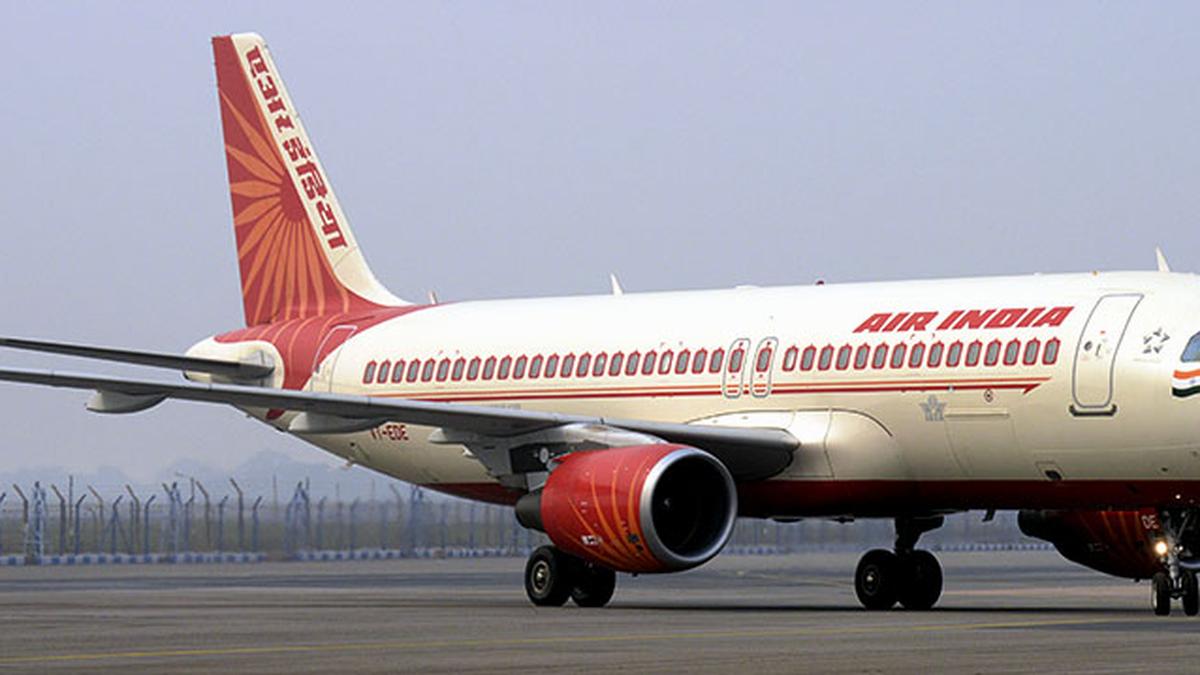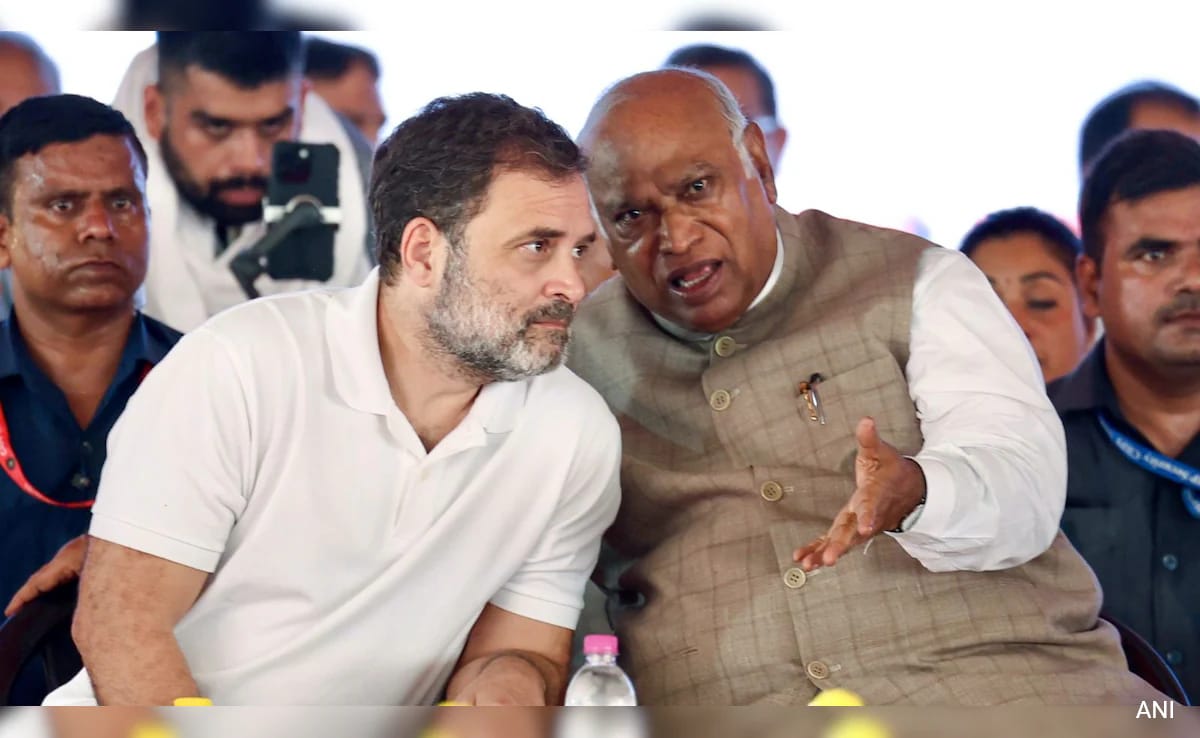A standoff between the India Meteorological Department’s (IMD) Hyderabad Centre and multiple ‘weathermen’ from across Telangana has brought into focus a larger national question: Should publicly-funded weather data be freely accessible to all, or restricted in the interest of responsible communication?
The issue erupted when independent weather communicator T. Balaji, popularly known as the ‘Telangana Weatherman’, who commands a large following on social media for his hyperlocal forecasts, posted on ‘X’ on Friday that the Hyderabad Doppler radar, a key instrument for tracking rainfall and storm movement, had been made inaccessible to the public. Calling it the first instance in India, he said, “All the radars of India are in public access except Hyderabad radar. This is like stealing crops from farmers. The public has a right to the data they fund.”
Later, while speaking to The Hindu, he said the doppler radar data was made accessible to the public shortly after his tweet.
In a detailed post, he added that while the restriction would not affect his forecasts, which are generated through private subscriptions and paid tools, the lack of access would hit emergency control rooms and the public’s ability to make informed decisions during extreme weather events.
But officials at IMD Hyderabad Centre pushed back, saying the restriction was not new and had been in place for quite some time to prevent the misuse of technical data. A senior IMD scientist confirmed that the radar is operational and the data is available to authorised agencies. “When people with no expertise misinterpret radar data and share alarming posts on social media, it creates panic. Ministers and government officials start calling us. The ultimate blame falls on our shoulders,” the official said.
The scientist referred to a recent post where the weather over Telangana was compared to a ‘pressure cooker’, calling it an example of how non-scientific language can cause unnecessary fear. “This is why we made it password-protected,” the official said, adding that the change was aimed at preventing false alarms, not silencing genuine forecasters.
Technical glitch
IMD Hyderabad head K. Nagaratna offered a slightly different explanation. She attributed the lack of access to a technical glitch. “It is a BSNL issue. We have registered a complaint. Our internal access is intact, but others might not be able to access the radar because of the connectivity problem,” she said.
She further added that the public does not need raw radar data anyway. “They need forecasts, and we are giving those regularly. That should be enough.”
When asked whether Telangana government departments such as the Disaster Management Control Room or GHMC had access, she said those offices had likely been granted access through internal channels, but specifics would be known to the concerned sections.
“In fact, the Hyderabad Disaster Response and Asset Protection Agency (HYDRAA) has established a control room within the IMD Hyderabad premises, with personnel stationed there who receive the same information as we do,” she said.



.png)
.png)
.png)
















 1 week ago
9
1 week ago
9










 English (US) ·
English (US) ·